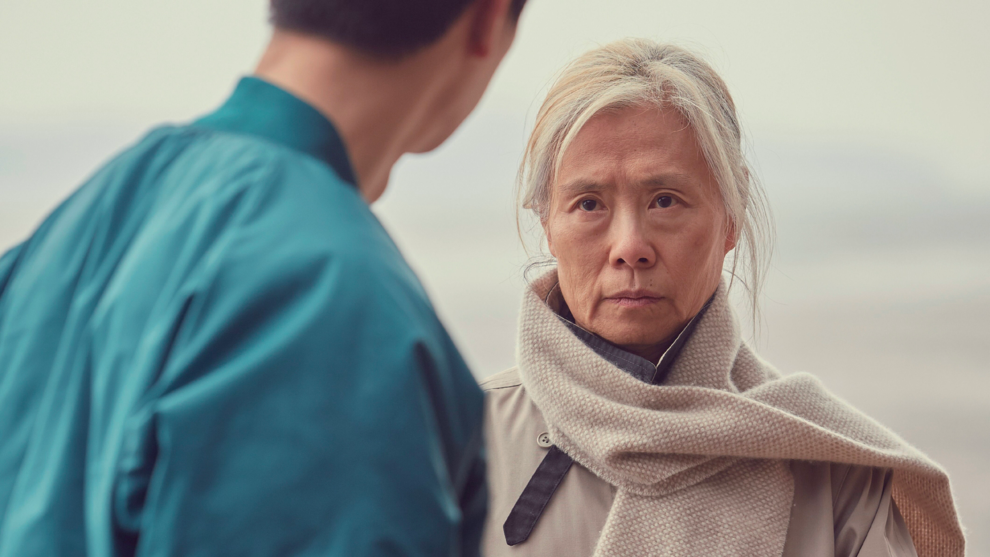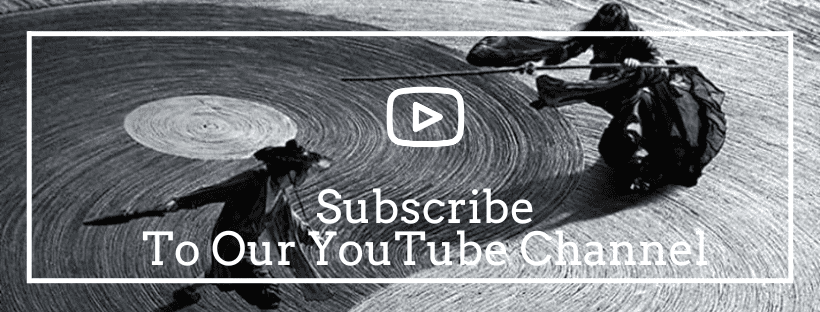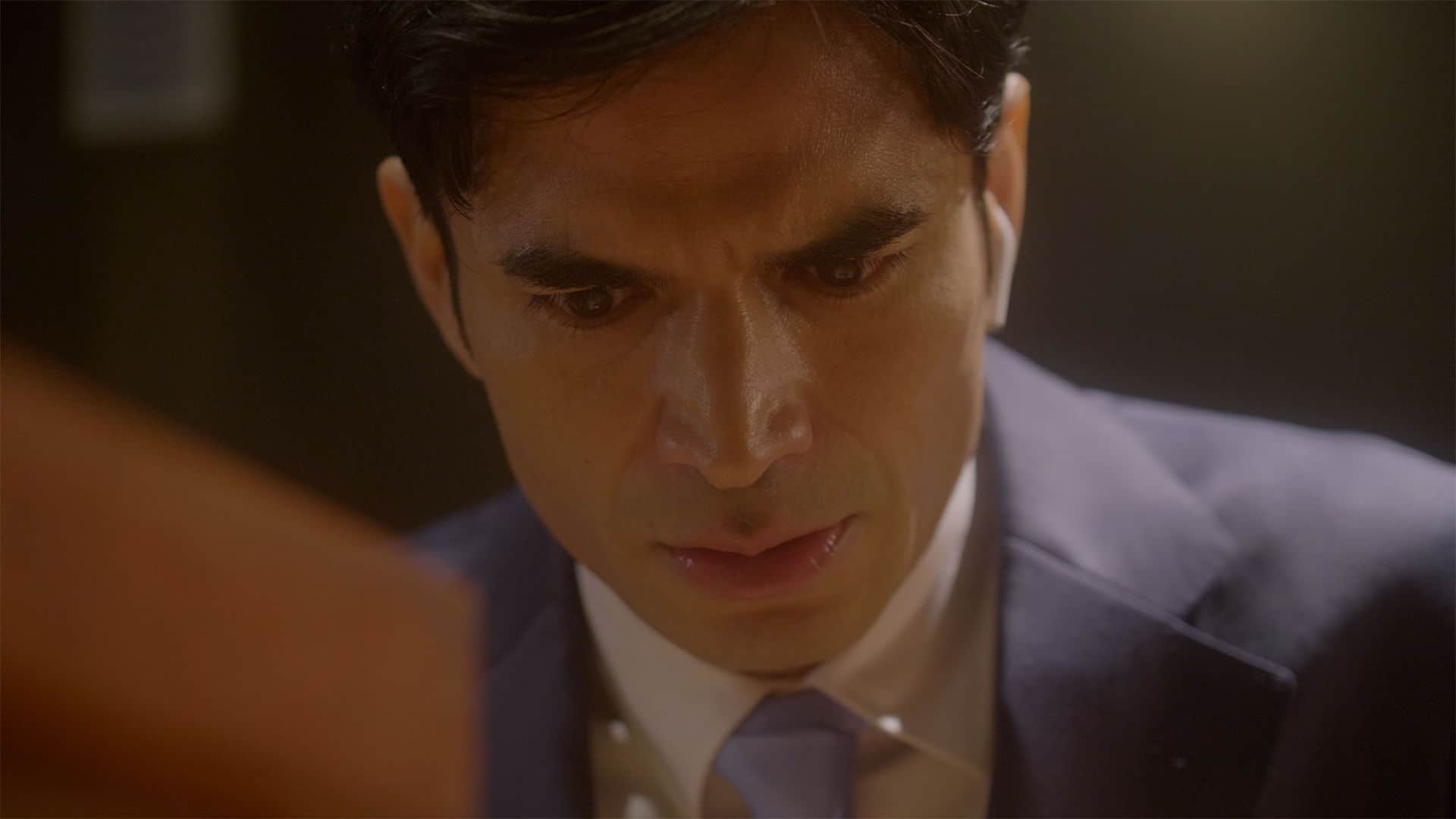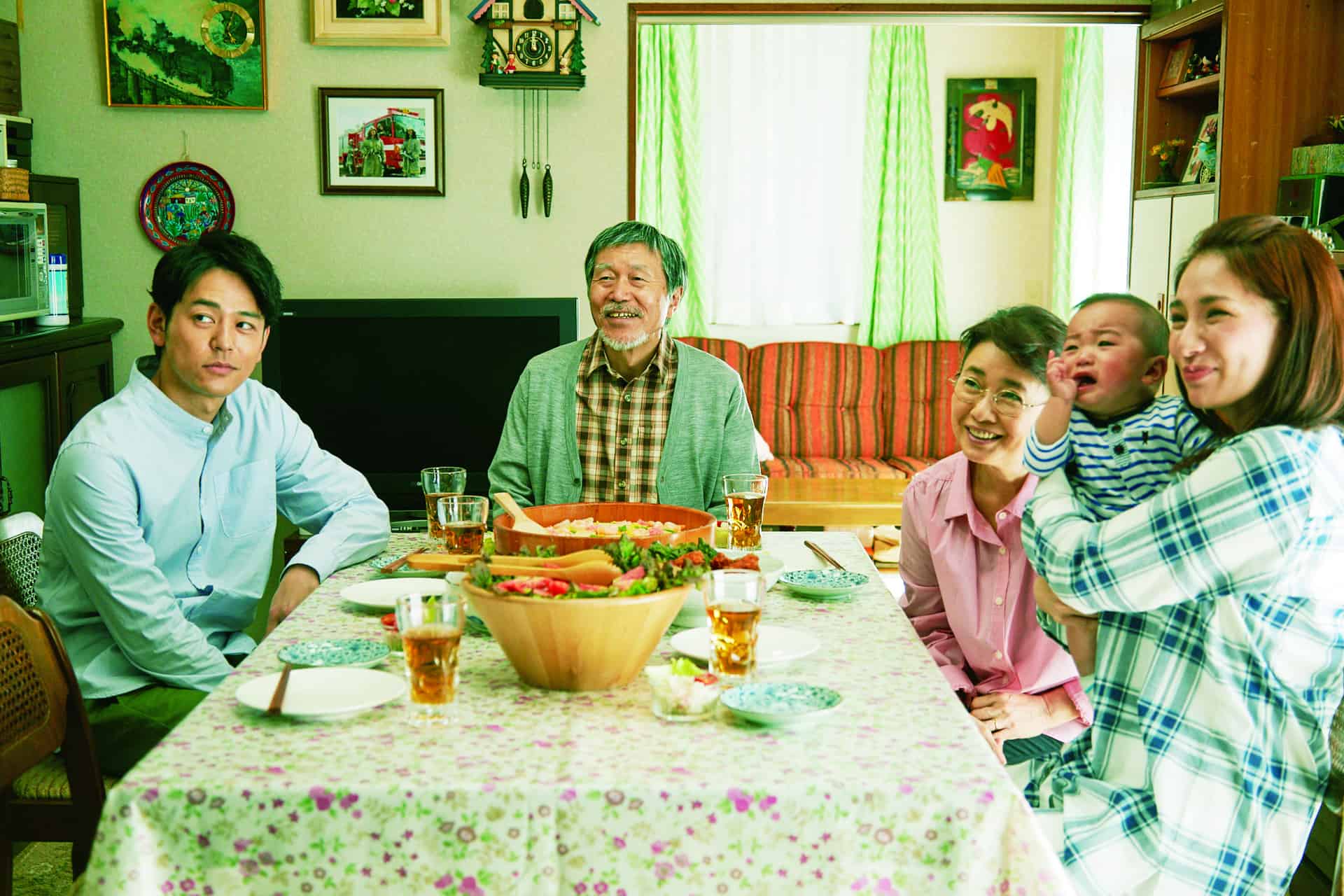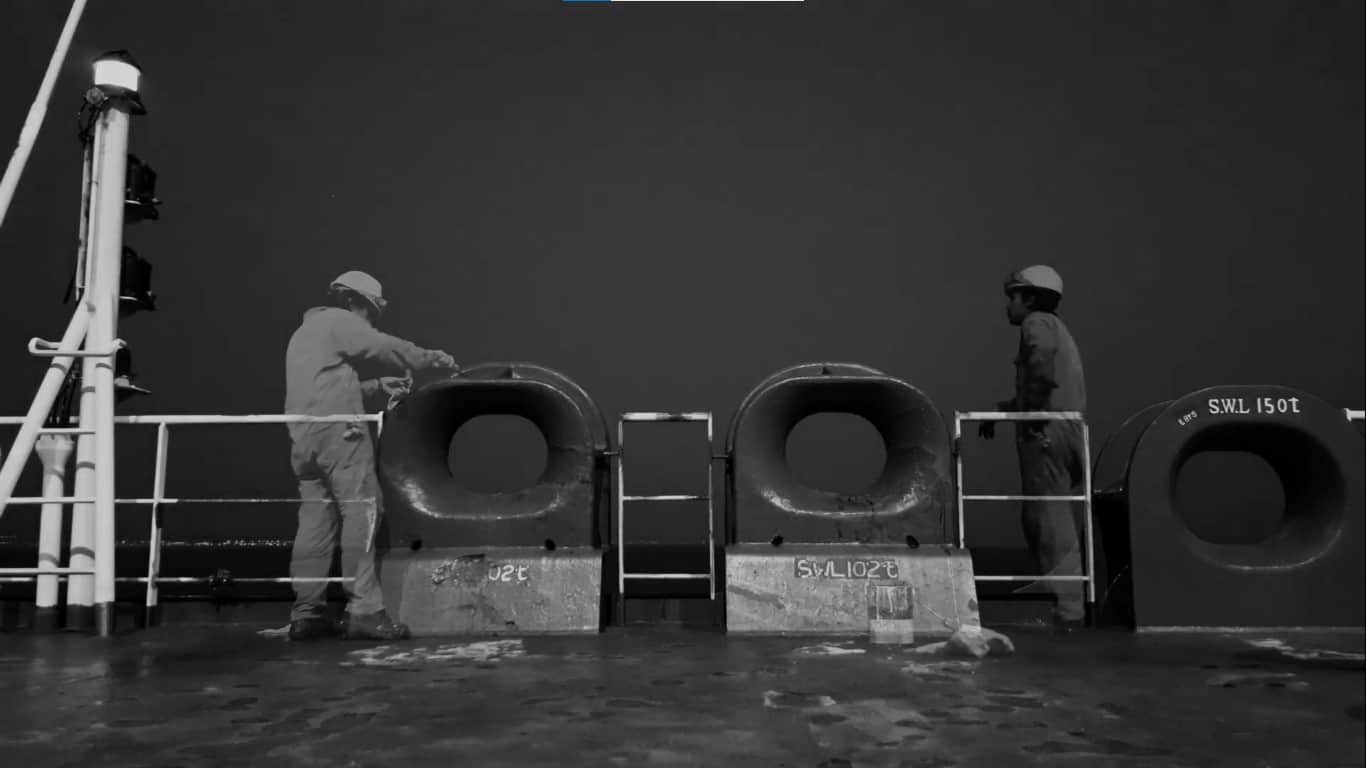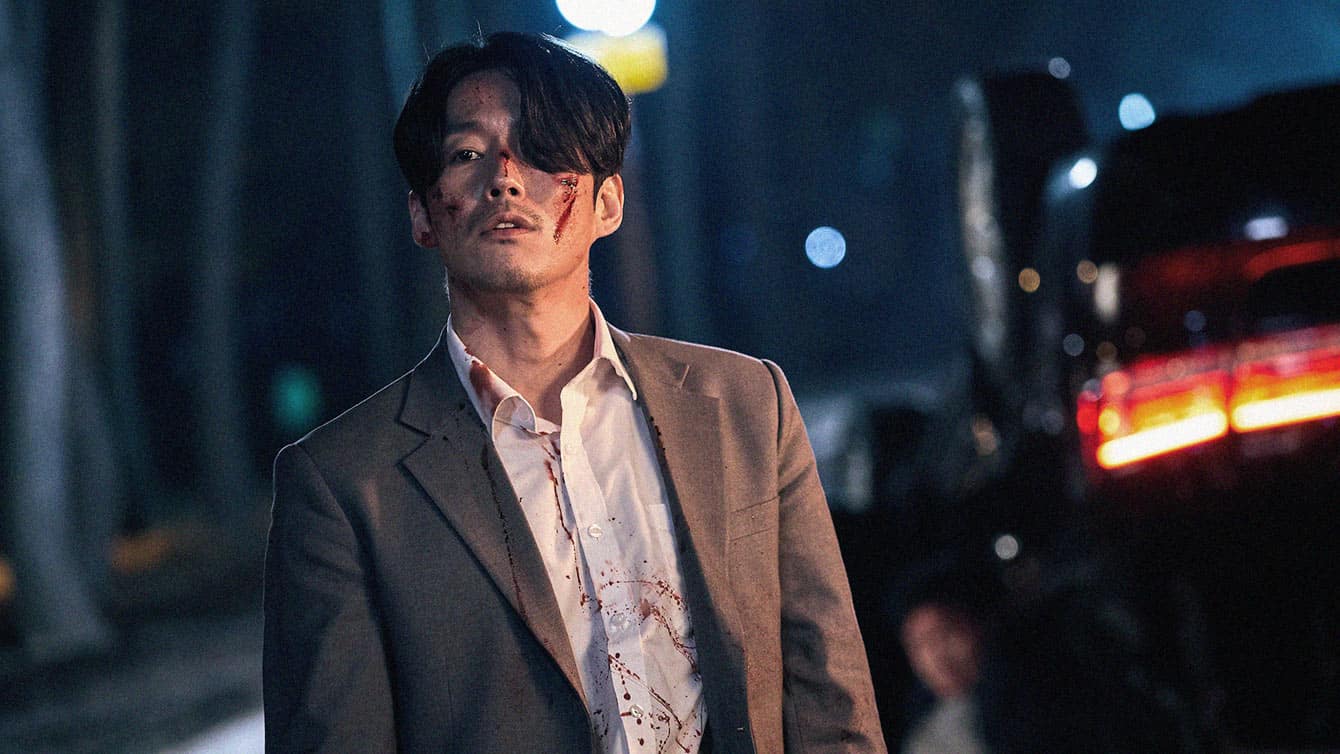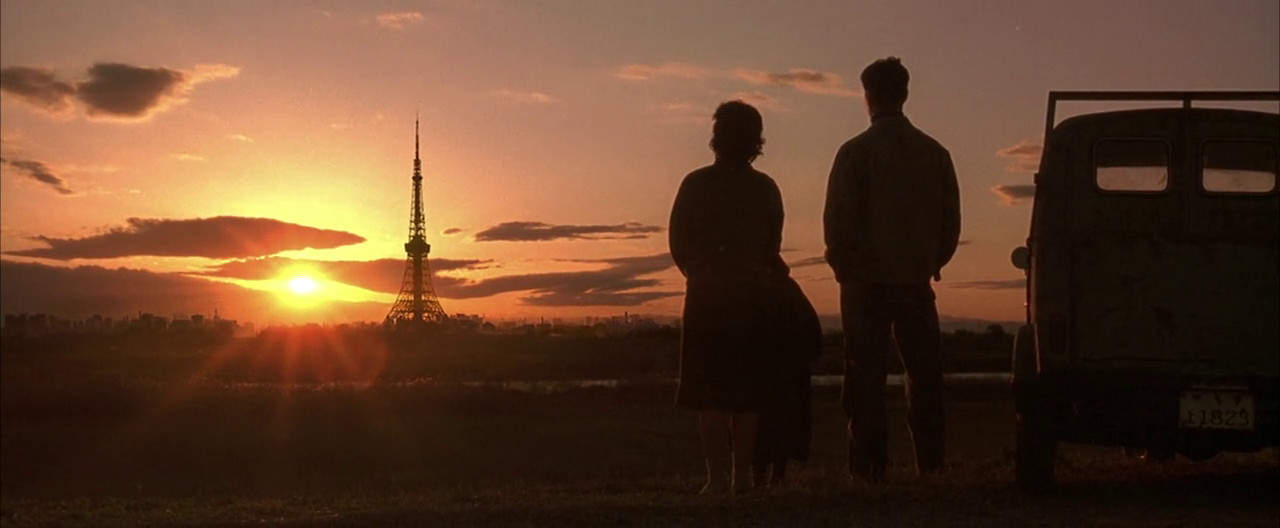Lim Sun-ae who studied screenwriting with director Lee Chang-dong, choses a difficult and uncomfortable subject for her first feature film as writer and director. Not a crowd-pleaser one but – for this very reason – a strong and brave necessary statement. Inspired by a real-life case that, sadly, had a more dramatic outcome, “An Old Lady” strongly reminds us that rape has more to do with power than it has with sex.

The opening of “An Old Lady” is a masterclass in subtlety and tact. An act of violence is being perpetrated and we are told this with only indirect hints of grooming dialogue and lights. Hyo-jeong (Ye Soo-Jung), a 69-year-old woman, is raped by young male nurse aide Joong-ho (Kim Joon-Kyung) while he was supposed to give her physiotherapy treatment following a knee operation. Overwhelmed by shame, Hyo-jeong takes a bit to gain strength and decide to report what happened to her. She lives and works with Dong-in (Ki Joo-bong), an old, widowed poet who now runs a small bookstore. Theirs is a chaste and sweet friendship and when the man learns what happened to his companion, supports her fully and goes with her to police station to report the act of violence.
The police are incredulous and struggle to understand; the usual victim-blaming tendency is amplified in this case by the big age-gap between the woman and the perpetrator. Why would a good looking young man rape and old woman? In fact, despite the evidence and the semen-stained clothes that Hyo-jeong had managed to keep, the cops tend to believe Joong-ho who claims they had consensual sex. The police doubts are reinforced also by some discrepancies in Hyo-jeong's statement and, of course, possible dementia is added to the whole cauldron! Frustration explodes in different ways. On one hand, Dong-in tries to take the matter in his own hands and confront Joong-ho with useless results and ending up harming himself. On the other hand, Joong-ho choses to run away from it all. However, the unbearable idea that other women, included her estranged daughter or even the pregnant wife-to-be of the rapist, could be victims of violence, forces her to step out of the shadow and act.
First and foremost, writer director Lim Sun-ae wants us to reflect on the real drive behind a rape. Focusing on the less common occurrence (although not as unusual as you might think and probably underreported) of violence against an elderly woman, the author manages to stress the point that rape is not about sex “per se”, but about exercising an act of power over a defenceless and vulnerable person. There is sex, obviously, but the lack of consent is the real turn-on for the rapist. There is no misunderstanding about the meanings of yes and no; knowing that he's not wanted but doing it anyway is what makes a rapist tick. It's easy then to see how an older woman can be an accessible and desirable prey in such a deviated power-game.
After a first act that manages to be remarkably delicate in presenting such a heinous crime and the cruel situation Hyo-jeong is thrown in – having to report it to sceptical and amused policemen and feeling accused of having dementia – the script in the second act becomes slightly confusing as more subplots join the play. An overextended scenario about Dong-in's relation with his son and unresolved issues about his late wife, the search for a vanished nurse that could prove Hyo-jeong's is not senile, her confused past with a daughter she never sees; they all risk to contaminate the main narration, making it look disorganized at times. However, the final third recovers composure, and the conclusion, though not particularly original and neither a real closure, is a bright and brave note of hope. As the author has pointed out, it was her way to redeem the victim of the real case the film is based upon, who sadly committed suicide.
Ye Soo-Jung deservingly shines; she gives an outstanding and yet restrained performance in the leading role of Hyo-jeong, after a long stream of supporting roles. She also helped Lim Sun-ae in the constructing of the character, bringing in her own experience about people perception of her age. She beautifully bears herself with grace and dignity, acting more with her body than with her sparse lines of dialogue and the elegant photography seems to catch and enhance her aura every time she is on the scene. Ki Joo-bong as affectionate companion Dong-in, is also rather compelling and believable, while Kim Joon-Kyung succeeds in looking as revolting as a rapist can be.
Despite some bumps in the script that are probably traceable in an excess of zeal from the author in including any possible nuance of her passion, “An Old Lady” is an honest contribution in changing the perception of an all-too-common crime, a condemnation of prejudice and an exhortation to speak out.


